Nepal Bank Financial Performance: Q3 Profits Rise but Core Growth Weak

Kathmandu: The third-quarter financial reports of Nepal’s 20 commercial banks reveal a concerning trend: while net profits rose by a marginal 1.4%, the growth is largely due to reduced loan loss provisions rather than actual business performance.
Key Highlights:
Net Profit Marginally Up, Not Business-Driven
Banks posted a total net profit of Rs 41.25 billion for the first nine months of FY 2080/81, slightly higher than Rs 40.68 billion in the same period last year. However, this increase stems from a relaxation in provisioning rules by Nepal Rastra Bank (NRB) rather than improved earnings.
Provisioning Eased by NRB
-
NRB recently reduced provisioning for performing loans from 1.1% to 1%.
-
A new directive allows construction-sector loans to be restructured with 10% interest paid, requiring only 5% provisioning.
These changes have artificially cushioned profits, masking the weakening of core banking operations.
Core Business Weakening
Net interest income dropped by 2.59% to Rs 139.89 billion from Rs 143.62 billion year-on-year. Banks face rising deposit costs and fierce competition due to excess liquidity, driving average spread rates down from 4% to 3.5%.
Non-Performing Loans (NPLs) Spike
The average NPL ratio across 20 banks rose to 4.82%, up from 3.65% last year. Himalayan Bank leads with 7.68%, while nine banks report NPLs above 5%. Analysts warn NPLs could rise further after temporary construction sector relief expires.
Earnings Per Share (EPS) Disparity
-
Highest EPS: Everest Bank (Rs 35)
-
Lowest EPS: NIC Asia and Kumari Bank (< Rs 2)
Broader Economic Context
Despite 5.1% GDP growth in Q2, banks’ financial performance shows the real economy has yet to recover. Declining interest income and rising defaults indicate that profit growth is unsustainable unless credit quality improves.
“Non-performing assets haven’t improved yet. In fact, they could worsen next quarter,” said Nabil Bank Acting CEO Manoj Gyawali, noting temporary loan restructuring has delayed stress recognition.
Useful Links:

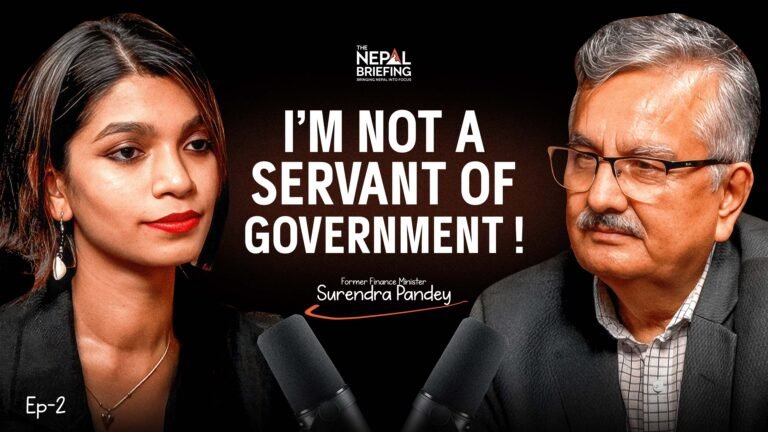


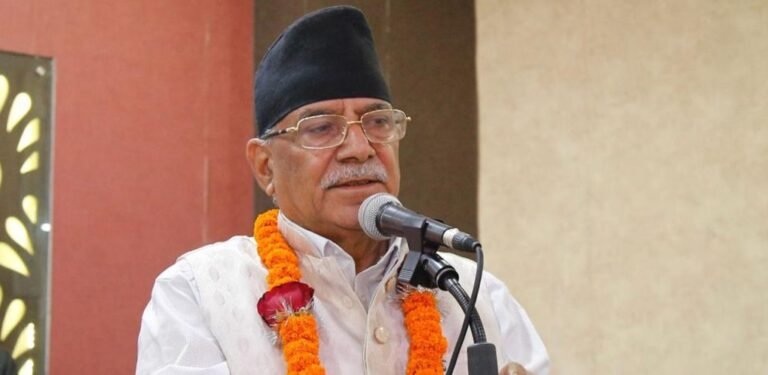
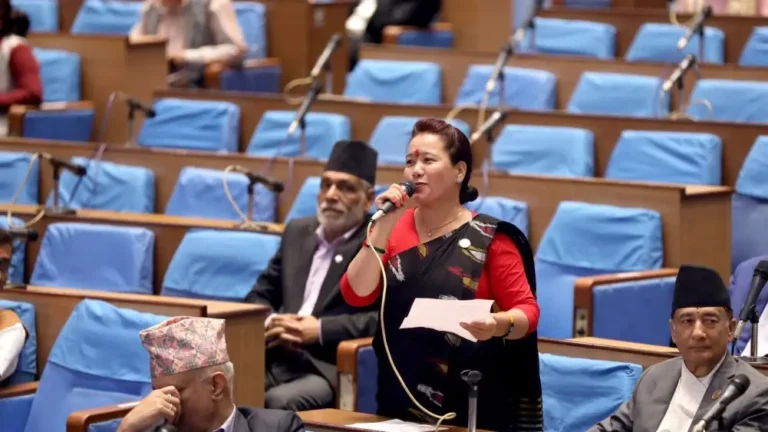



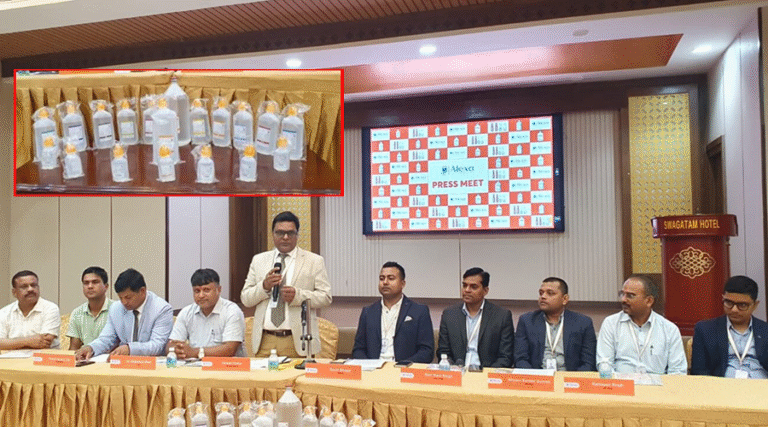
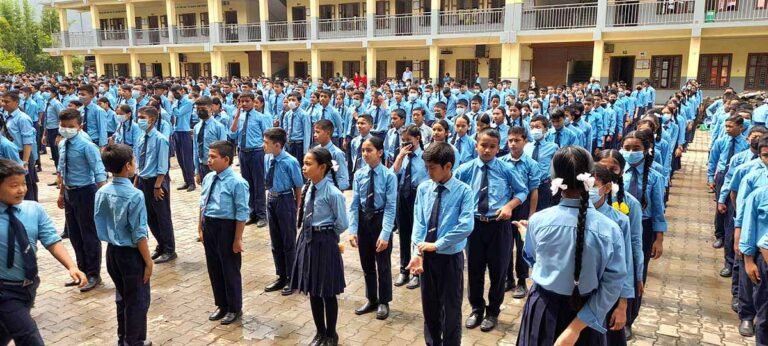





Please login to leave a comment.
Login to Comment